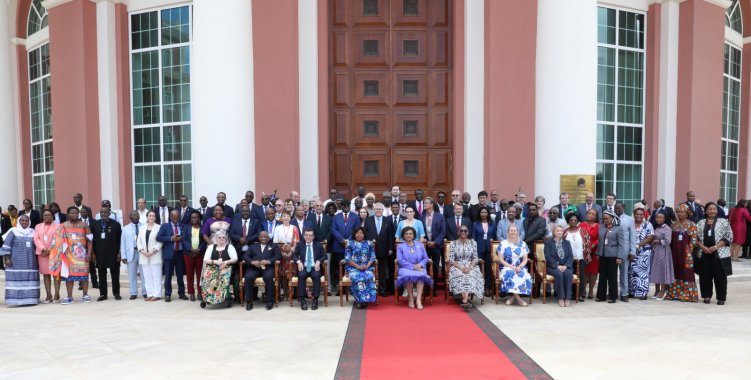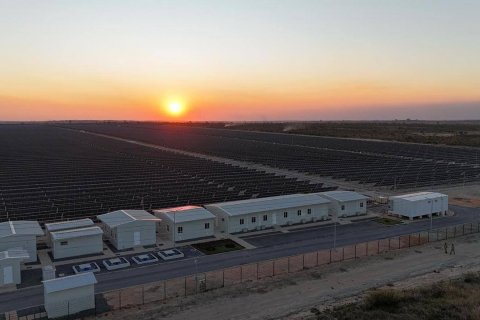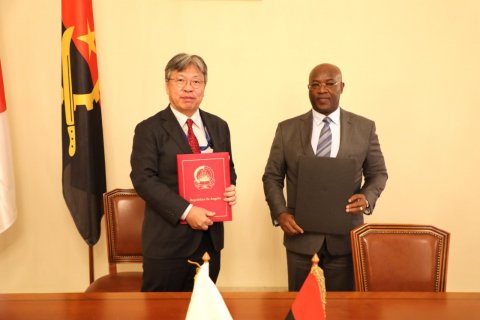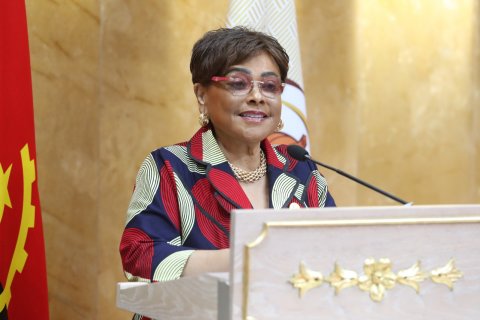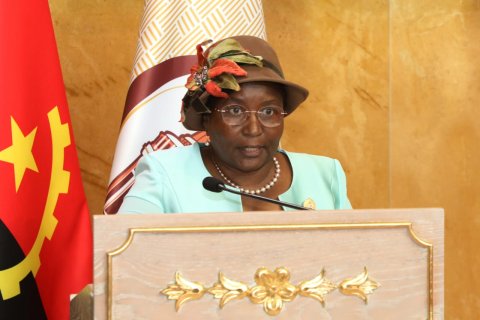Those responsible were speaking, this Wednesday, at a press conference in Luanda, at the end of the 1st session of the OEACP-EU Joint Parliamentary Assembly.
According to the organization's secretary general, Georges Chikoti, the agreement has already entered into provisional application, despite having only been signed by 66 of the 79 member states, and it is expected that between May and June 54 states will ratify the treaty so that it can come into force.
There are also 13 countries left out, five African (Equatorial Guinea, Guinea-Bissau, Eritrea, Maldives, Nigeria), five from the Caribbean (Cuba, Dominica, Guyana, Saint Lucia and Trinidad and Tobago) and three from the Pacific (Nauru, Tonga and Tuvalu).
"With this delay, we may run the risk of ratification not taking just six months, which means it will have to wait, we are encouraging countries to sign as quickly as possible," he told journalists, encouraging all countries to sign the agreement and stressing that non-signatories will have difficulty accessing the European Investment Bank (EIB).
A concern also expressed by the Portuguese MEP, Carlos Zorrinho and the Mozambican deputy Ana Rita Sithole, co-presidents of the joint assembly.
Zorrinho highlighted that all European countries have already signed, and the Cotonou Agreement (which preceded the Samoa Agreement) is still in force, noting the advantages of signing the document under penalty of losing access to European financing.
"Our role is to advocate for these Member States", said Ana Rita Sithole, stressing that countries that do not ratify the agreement do not take decisions and will only remain as observers.
"We would like everyone to speed up this process," she appealed.
The European Commissioner for International Partnerships, Jutta Urpilainen, also reinforced that those who do not sign lose their privileged status in relations with the EU and do not participate in political decisions.
Furthermore, the EIB will not be able to sign new contracts with OEACP states that have not signed the agreement, so staying out "has financial consequences", preventing access to new investments, she said.
The Samoa Agreement, a new general framework for relations between the European Union and ACP countries, covers six priority areas – democracy and human rights, development and sustainable economic growth, climate change, human and social development, peace and security and migration and mobility – and replaces the Cotonou Agreement.
Georges Chikoti, secretary general of the OEACP, also highlighted Angola's relationship with European partners, stating that the Portuguese-speaking country will be at the center of relations between the European Union and Africa.
"We are going to seal an increasingly constructive and solid relationship between the OECAP countries and the EU", giving as an example the investments in the extension of the Lobito corridor, a railway line that connects the Democratic Republic of Congo to western Angola and ends at the port of Lobito, which will allow the transport of ores from some of the largest producers.

